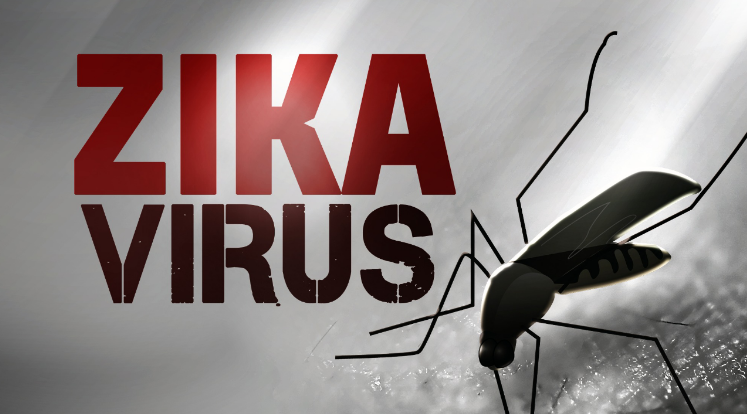Health Alert: Zika Virus
The Zika virus is a disease that has grabbed the world’s attention. In February of 2016, the World Health Organization (WHO) announced a global state of emergency over Zika. The virus has spread to all parts of the globe, even expanding to countries in the Asia Pacific region, such as Thailand.
The virus can be spread when bitten by infected Aedes mosquitoes, which are the same type that spread dengue and chikungunya virus. It can also be transmitted through sexual intercourse, or from a pregnant woman to her fetus. Although there are no symptoms present in many cases, the most common symptoms include headaches, fevers, rashes, red eyes, and muscle or joint pain.
Since January, Thailand has confirmed 349 cases of Zika, including 33 pregnant women. Recently, the Advisor to Thailand Disease Control Department confirmed two cases of microcephaly — the first known cases of birth defects related to Zika in Thailand.
It has been discovered that Zika is linked with microcephaly, which is when an infant is born with an abnormally small head caused by incomplete brain development. Other birth related defects caused by Zika are problems in the eye, hearing deficits, and damage in growth; however, there have been no cases reported in Thailand.
The Head Nurse of ISB, Pannee Pumhiran, has multiple suggestions of lowering the risk of being infected. She states that it is important to avoid getting mosquito bites by protecting your house, using bug repellent, and covering the body when going outside. Additionally, drinking lots of fluid, eating and resting well, as well as exercising regularly, will strengthen our immune system.
Since there is currently no vaccine for the Zika virus, it is pertinent that we are informed of how we can protect ourselves from getting infected. Be aware of the proper precautions, and if you feel sick or have a fever, seek for medical advice as soon as possible.
Nikki Ling








